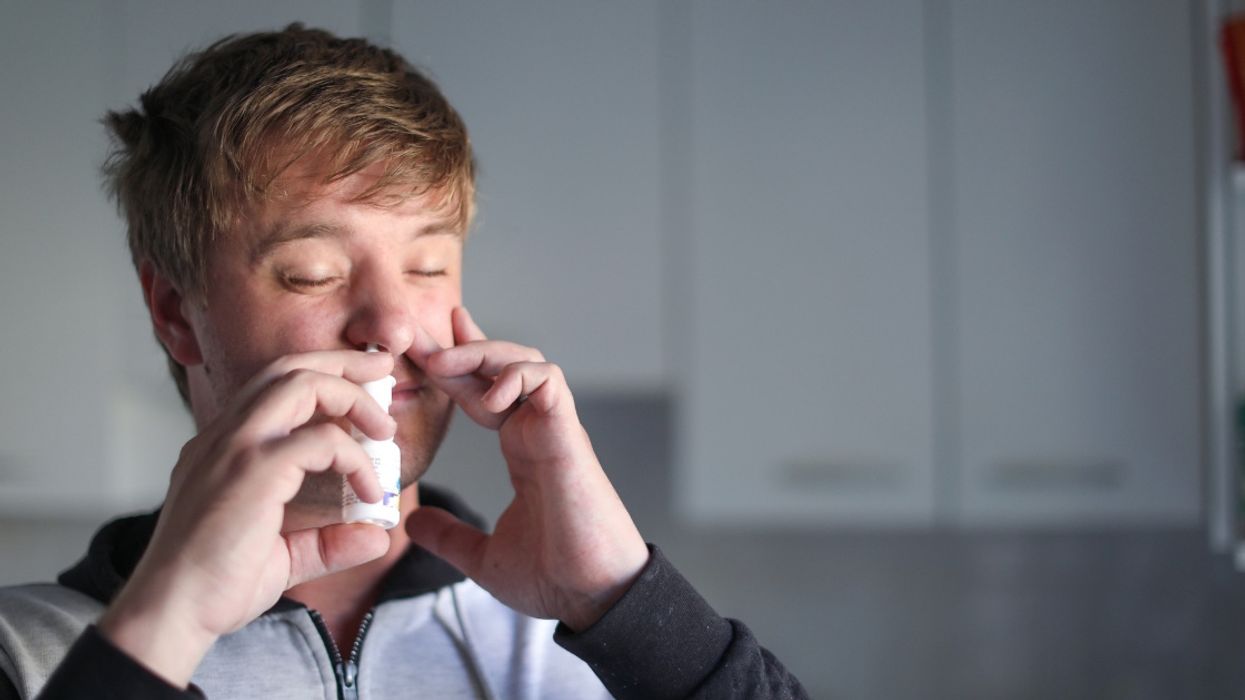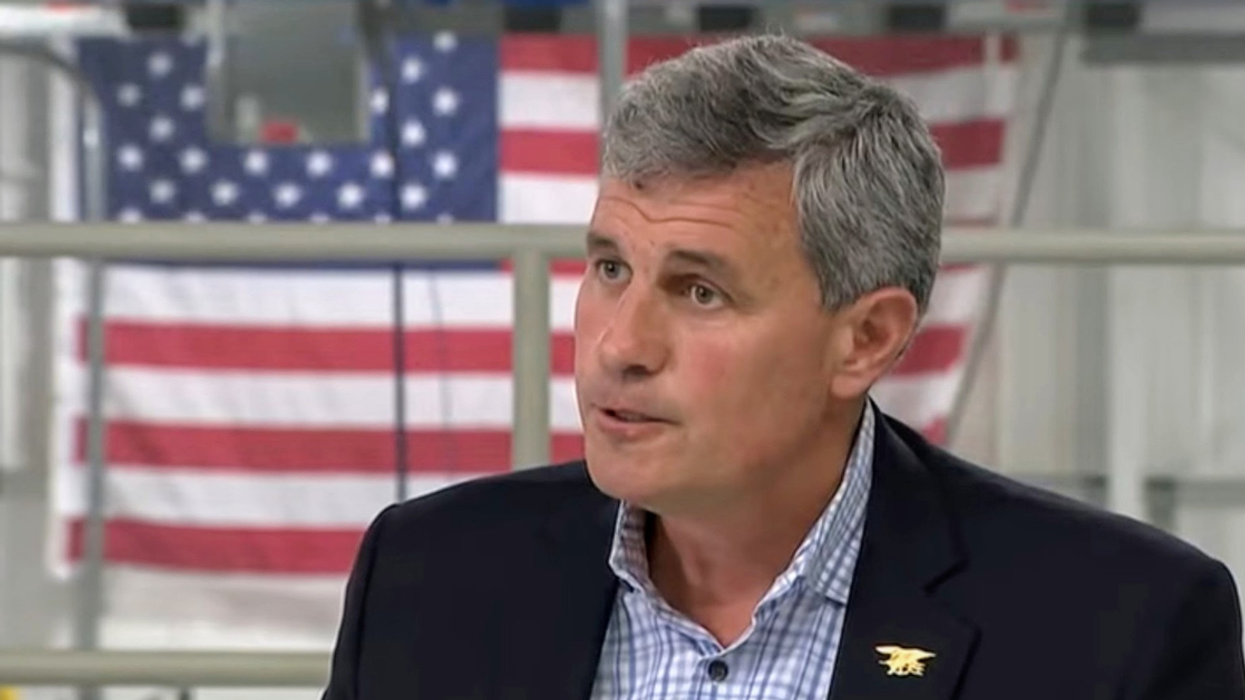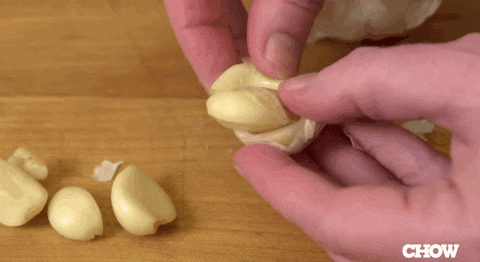Authors of a new study believe a nasal spray containing the "love hormone" oxytocin may aid in the treatment of alcoholism.
On Tuesday scientists published a study in the PLOS Biology journal citing findings that may lead to new possibilities in the treatment of alcoholism.
The study, led by Drs. Tunstall, Koob and Vendruscolo of the National Institutes of Health and Drs. Kirson and Roberto of The Scripps Research Institute found that alcohol-dependent rats drank less after being given of dose of the "love hormone" oxytocin.
Also known as the "cuddle hormone", oxytocin is naturally released when people hug or bond and is "associated with empathy, trust, sexual activity, and relationship-building"
Researchers decided to test the neuropeptide which has already been shown to decrease drug seeking behavior and withdrawal symptoms for a number of other narcotics.
Scientists administered doses of the hormone through the nose and through the abdomen in alcohol dependent and normal rats. While both doses were found to decrease alcohol consumption in dependent rats those given through the stomach also decreased movement.
The authors of the study also examined how the hormone affected the neurotransmitter GABA which helps regulate anxiety along with with vision and motor control.
Alcohol is thought to mirror the effect of GABA in the brain's central nucleus of the amygdala, a region keenly affected by alcohol dependency. Excessive drinking overstimulates the GABA pathways.
The findings showed that doses of oxytocin mimics those GABA signals.
"Taken together, these results provide evidence that oxytocin likely blocks enhanced drinking by altering GABA transmission" wrote lead author Dr Brendan Tunstall.
"These results provide evidence that aberrations in the oxytocin system may underlie alcohol use disorder."
The findings were met with mixed reaction.
The full study can be found on the PLOS Biology journal.















 @realDonaldTrump/Truth Social
@realDonaldTrump/Truth Social

 Who Does That Sutton Foster GIF by YoungerTV
Who Does That Sutton Foster GIF by YoungerTV  garlic cooking GIF
garlic cooking GIF  Red Hair Wow GIF by CompanyCam
Red Hair Wow GIF by CompanyCam  Lightning Thunder GIF by Tec de Monterrey
Lightning Thunder GIF by Tec de Monterrey